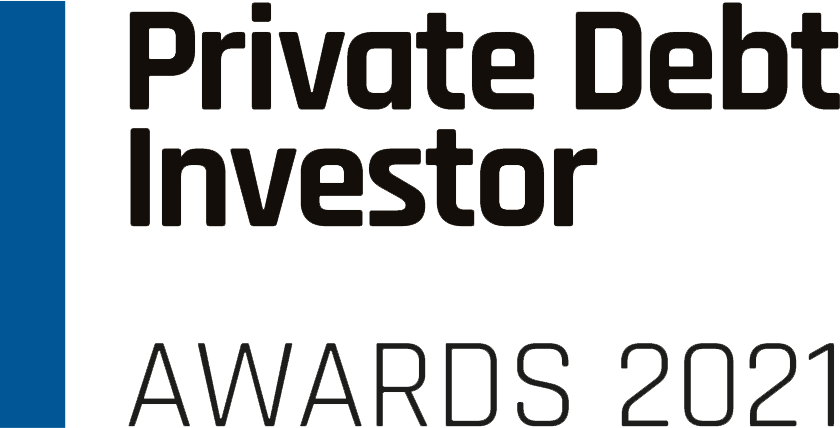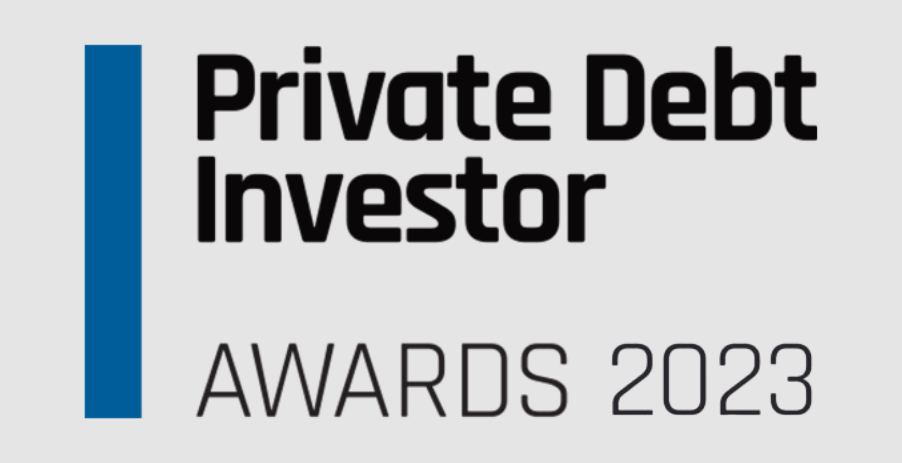
How will the Post-COVID Digital Revolution Affect the UK Construction Industry?
Amidst the once-in-a-generation pandemic, the UK’s real estate industry had a bumpy ride in 2020 – from strong growth in residential and logistics real estate, a wholesale ‘pause’ in the office sector, and a radical restructuring in the retail sector. Despite a record 40% decline in construction output in April 2020, the industry bounced back and widely stabilised by the end of the year. Now the real estate industry faces an existential crisis: can it fulfil the promise of the hashtag and #buildbackbetter? As one of the least-digitised sectors of the economy, and one of the largest polluters, will this once-in-a-generation opportunity for change deliver?
The complex real estate ecosystem of lenders, owners, developers, planners, architects, main contractors, subcontractors, interior designers and more, are vastly important to the overall financial health of the country – not to mention the dependencies of adjacent industries such as mortgage and CRE lending, estate agencies, property management, movers and furnishers.
Why has the industry been so slow to digitise? There have been four key challenges:
High fragmentation: As there are so many types of real estate assets, the systems and processes used in the construction and post-construction management of one type of real estate asset cannot necessarily be applied to another.
Complex ecosystem of stakeholders: Projects can typically involve hundreds of parties as described above, – making the job of coordination and control highly intensive.
Commercial viability: Due to the high fragmentation and complexity, investment in digitisation can be commercially unviable. No single party in the design, construction, sales, or management chain is able to gain scale by setting an industry-standard through widespread adoption of new methodologies and technologies.
Unskilled workforce: Adoption of new technologies would require a wholesale upskilling of a workforce that typically relies on manual processes. The lack of technological sophistication in the industry contributes to delays, overspend, reduced output, increased safety risk, and higher pollution levels. Manual processes lead to duplication, inefficiency, human error, a lack of data and analysis, and no real-time actionability.
The opportunity presented from this lagging digitisation has not been lost on investors, with estimates of some £5bn having been invested in the sector in the first half of 2019 (Oxford University Report). Proptech VC Fifth Wall launched a £90m fund with BNP Paribas in October 2020, for early-stage Proptech businesses in Britain and Europe on the investment thesis that the sector is “underpenetrated”, and that the pandemic will accelerate both digitisation and the move towards low-carbon projects.
Fuelled by this wave of investment, Proptech is now making inroads and here are examples of just a few of the many emerging, innovative digital tools and platforms that are pushing the industry forward:
• Innovative design software such as Spacemaker AI helps developers create digital site proposals.
• Weaning property developers off Excel spreadsheets, the Aprao platform creates development feasibilities, residual site values and development cash flow forecasting and management.
• Construction financing platforms Built Technologies and Rabbet are helping lenders and developers manage facility drawdown processes in a more efficient manner, though (sadly) they have not yet launched in the UK.
• Construction management software Procore helps firms drastically increase project efficiency and accountability by streamlining and mobilising project communications and documentation.
• The design and engineering industry has had a high adoption of software like Autodesk which digitises design documentation, specification development, quality assurance, and more.
• Your Keys has had great success during the pandemic digitising the often-fraught home sale process in the UK, streamlining post-construction sales for both buyers and sellers.
• Lloyds has partnered with CFP Green Buildings to offer a Green Buildings Tool – a digital insight tool that enables property owners to identify, evaluate and understand the estimated outcomes of potential investments into making their property more sustainable and energy-efficient.
Digitalisation will continue to grow in importance in the industry and it is essential for all players in the ecosystem to start adopting to new technologies and digital work practices.














